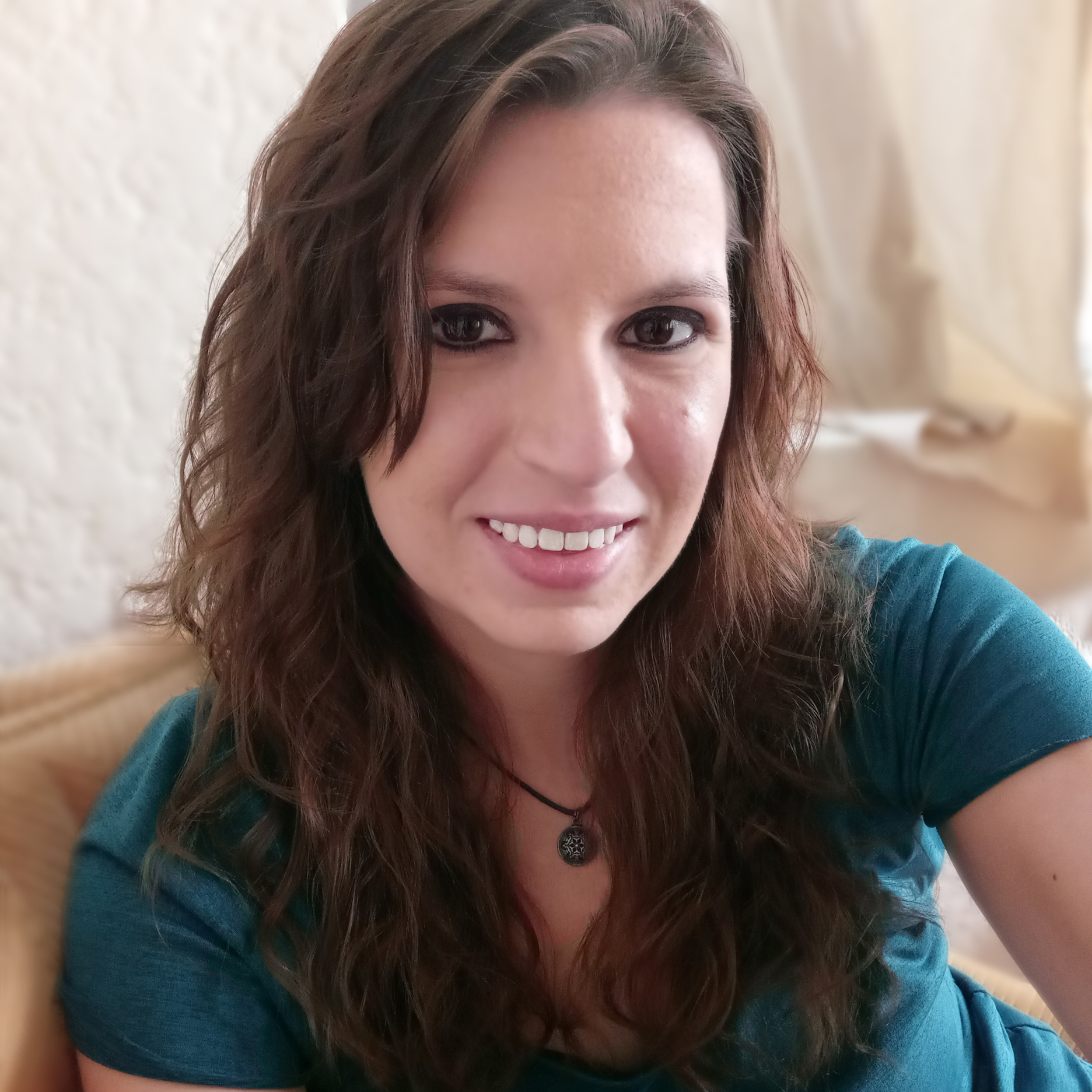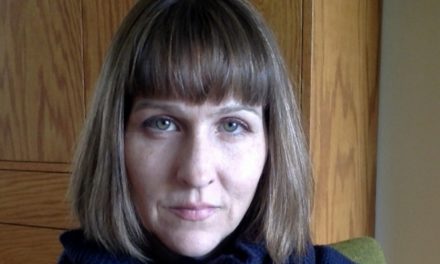
Associate Editor Taylor Byas: I am always wanting to find new ways to re-narrativize and retell our society’s dominant stories. And so I was thrilled to come across Rebecca Turkewitz’s microfiction piece, “A Queer Girl’s Guide to Reading Fairy Tales.” Part dramatic monologue, part instructive manual, this story helps the marginalized queer reader find alternative ways to connect to heteronormative fairy tales. Unable to imagine herself as the princess pining for a prince charming, the speaker of this piece looks closer and finds herself in the unconventional, the unexpected.
To hear Rebecca read the story, click here:
A Queer Girl’s Guide to Reading Fairy Tales
You may root for the maiden to go deeper into the woods. You may root for the witch. You may hope that the glass slipper will fit, or not fit. You may ask the story three questions, so long as you do not expect a response. You may envy the damsel her tower, which keeps out the world, and the men that circle like wolves, and the townspeople who keep saying how pretty her hair is, how fair. You may hate the damsel’s tower, and you may hate the damsel, and you may love her, and you may see that she and you are kin.
You may run your hands over the illustrations of the moon and the gnarled branches and the fiddle-playing cat. You may smell the forest-floor scent of the book’s pages. You may crack the book’s spine.
You may imagine yourself as Cinderella every time you sweep the kitchen or scrub the stubborn grease from a pan or scrape ice from your girlfriend’s car. You may imagine yourself as Red Riding Hood while you cut through the overgrown park on your way home from work, or the bar, or a bad Tinder date. You may imagine yourself as the prince, or the sea witch, or the imp who will not give his name, or the wicked stepsister, or the woodsman, or the fool.
You may imagine yourself to be any of these characters, with their beauty or their bravery or their slyness or their treachery or their loneliness or their sweet giant axe. But if you keep reading, and if you read deeper and softer and in the arms of a foggy night, and if you let the outlines of the stories go blurry—just as you once let the outlines of the world go blurry so you could find your way into yourself—you will see that, actually, you are the spindle. You are the pricked finger and the drop of blood. You’re the howling wind in the valley, and you are the cave. You are not the fox, but you are its greed. You’re the red cloak in the shape of a girl, and you’re the blade of the axe. You are every part of the forest that is not on the path. You’re the spinning wheel. You’re the promise. You’re the gold.
Rebecca Turkewitz is a writer and high-school teacher. Her debut collection of stories, Here in the Night, is forthcoming from Black Lawrence Press in 2023. Her fiction and humor writing have appeared in The Normal School, the Masters Review, Chicago Quarterly Review, the New Yorker’s Daily Shouts, and elsewhere.










